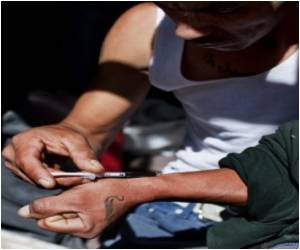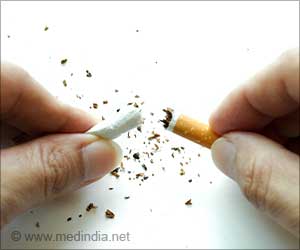Treatment for drug addiction is affected by a person's genetic makeup, reported in a study.

Scientists from Brookhaven Lab, Stony Brook University, Mount Sinai School of Medicine, the National Institute on Alcohol Abuse and Alcoholism, and the National Institute on Drug Abuse have conducted the research.
The current study found that cocaine-addicted individuals with a low MAOA genotype had lower gray matter density in the brain's orbitofrontal cortex than addicted individuals with a high MAOA genotype or non-addicted individuals. MAOA is an enzyme that regulates neurotransmitters in the brain, such as serotonin and dopamine, which control mood and behavior.
In addition, the current study found that the pattern of low gray matter was correlated with the number of years of alcohol, cocaine and cigarette use in the addicted group.
The longer cocaine, alcohol, and cigarettes were abused, the lower gray matter was found in the hippocampus and frontal regions of the brain. This result means that curtailing drug use may be protective against such brain changes.
The scientists recruited 82 men - 40 addicted to cocaine and 42 controls - for the study using advertisements in local newspapers and from local treatment centers.
Advertisement
The findings have been reported in the Archives of General Psychiatry.
Advertisement













